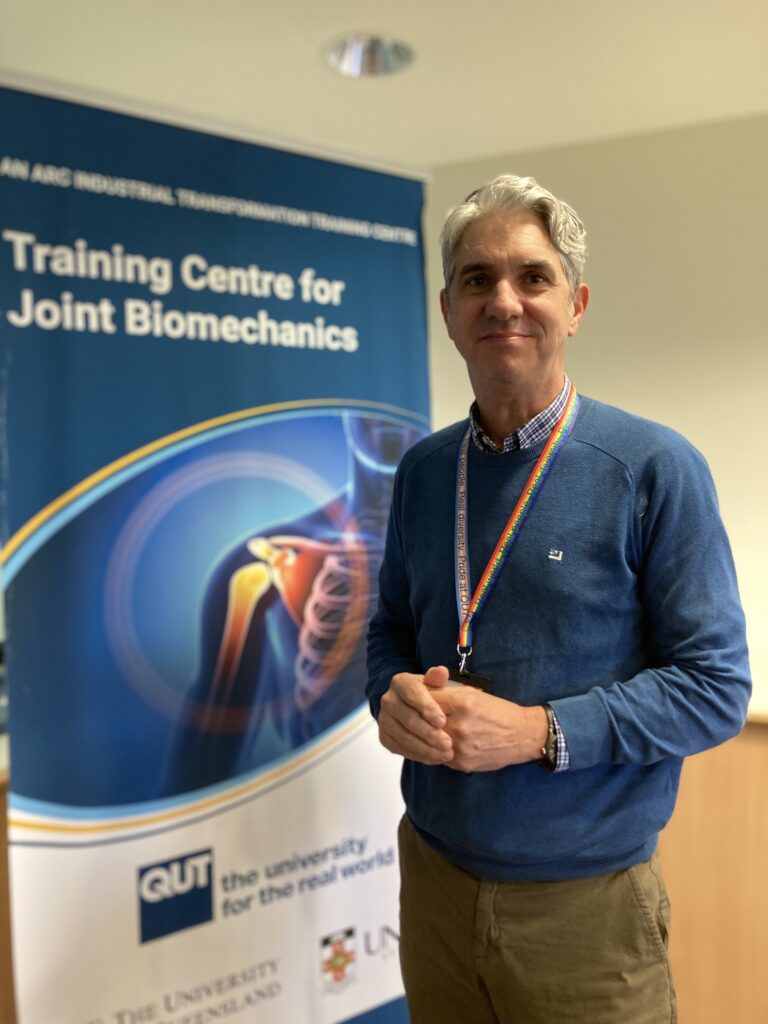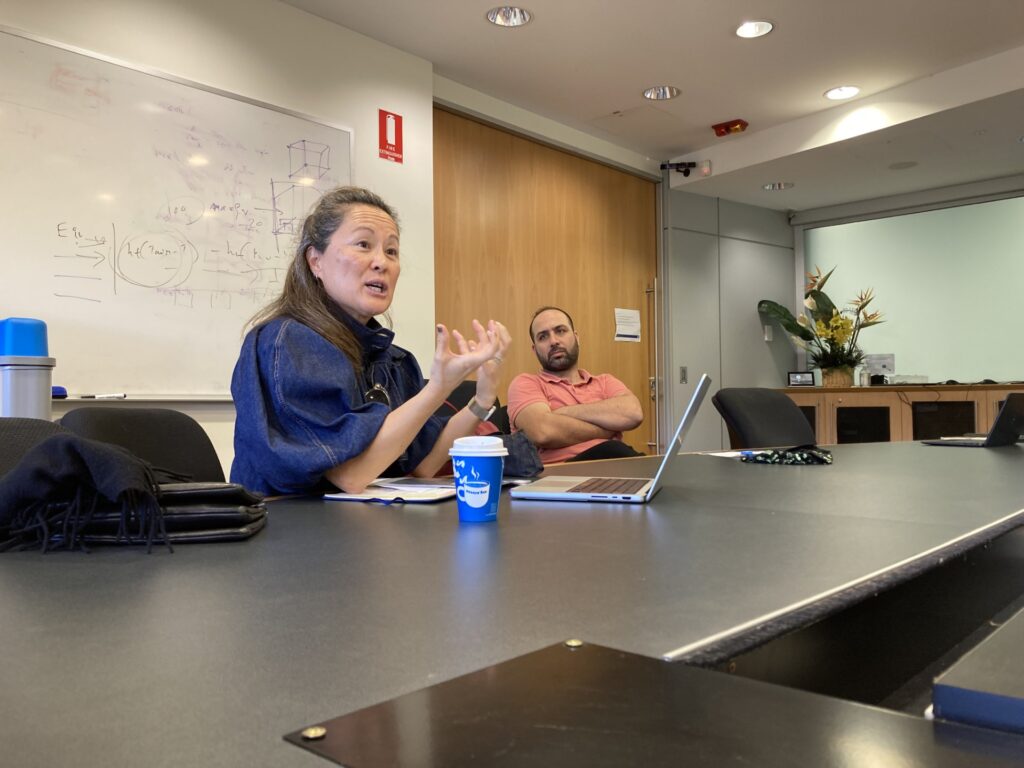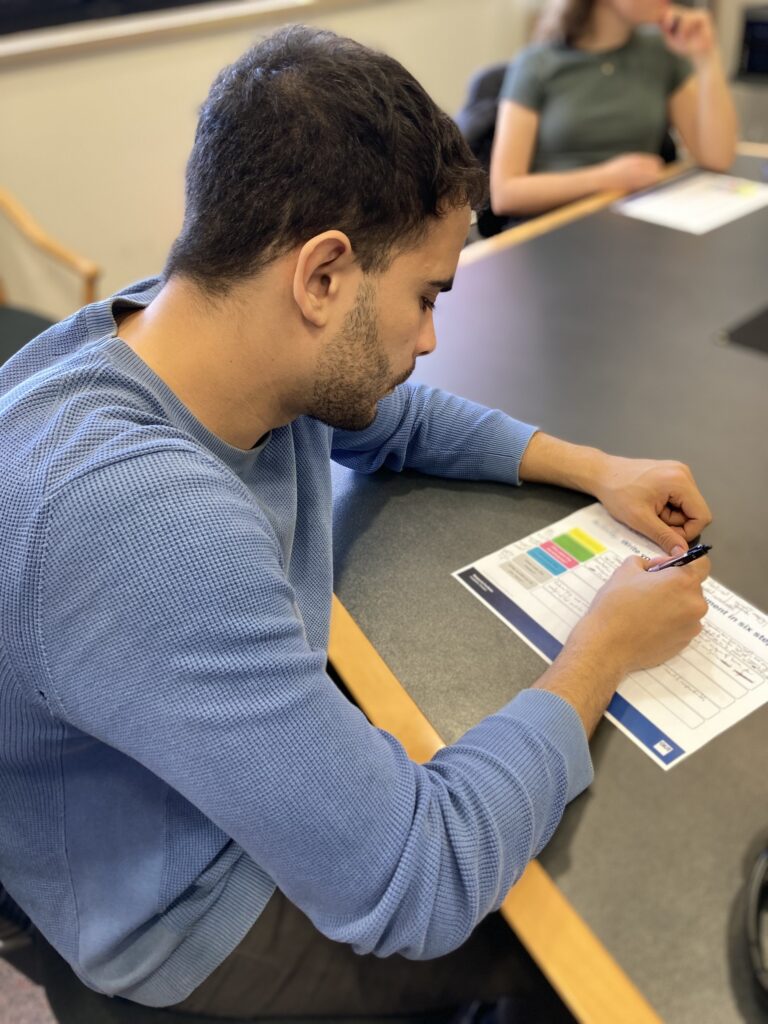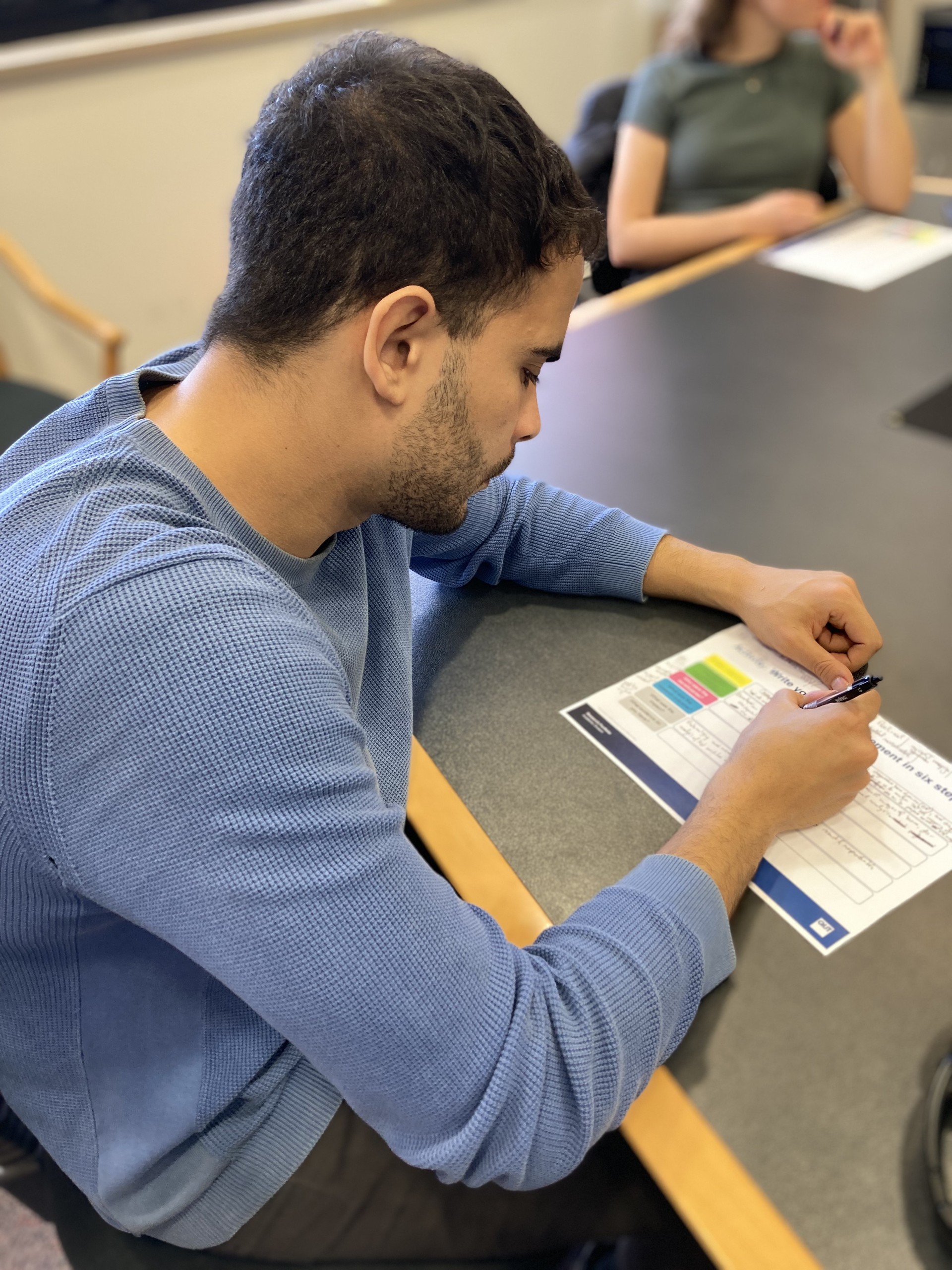The ARC Training Centre for Joint Biomechanics recently hosted a dynamic professional development workshop aimed at equipping its researchers with the tools to communicate the significance of their work well beyond academia. Titled “Capturing the Impact of Your Research,” the Brisbane-based session focused on strategies for articulating research value, improving visibility in the public domain, and fostering networks to advance career opportunities.
Central to the event was a keynote presentation by Chris Cahill, Queensland University of Technology’s Research Engagement and Impact Coordinator. Cahill addressed the critical role of research impact in shaping career trajectories and securing future funding. He highlighted that visibility can transform projects from isolated discoveries into collaborative platforms and policy-shifting outcomes.

“Placing research in the public sphere allows it to be accessed, applied, and extended,” Cahill said. “It changes the national funding conversation by demonstrating return on investment and opens doors to new partnerships.”
Cahill outlined the dual role of outputs such as publications, reports, and presentations, and outcomes like findings, knowledge, and capability-building. These elements together form the foundation of a strong engagement strategy, leading to tangible and traceable impacts. He urged researchers to reflect retrospectively by asking key questions: Why was the research needed? What were the findings? Who used it? How was it applied? And what changed as a result?

Complementing Cahill’s insights, HDR Career Educator Karen Cavu delivered a compelling call to action on enhancing visibility and personal branding. She cited a striking statistic: “Only 10% of academic papers are read by more than 10 people outside the immediate research community. That means 90% of critical knowledge remains hidden from public view.”
Cavu challenged attendees to rethink how they showcase their work. Her recommendations included engaging in public discussions, celebrating and supporting professional networks, publishing and sharing research broadly, updating university and conference biographies, and leveraging awards and recognitions to build professional credibility.
Interactive segments allowed attendees to workshop their own visibility strategies, with many praising the relevance of the advice. Workshop attendee and Centre Post-Doc Fellow Ahmed Sewify commented “As a recent PhD graduate, I found Karen and Chris’s workshop incredibly timely and insightful. They clearly outlined the differences in how impact should be communicated in academia versus industry. Their practical advice helped me rethink how I frame my work for broader audiences, and I left feeling much more confident in presenting both my research and personal narrative moving forward.”
The workshop marks an important step in the ARC Training Centre’s mission to foster not only scientific excellence but also societal impact. As joint health and biomechanics face increasingly complex challenges, preparing researchers to be skilled communicators and strategic collaborators is vital to translating research into real-world change.
This event underscores the Centre’s commitment to shaping future leaders who have tangible impacts on the industries they are seeking to transform.


